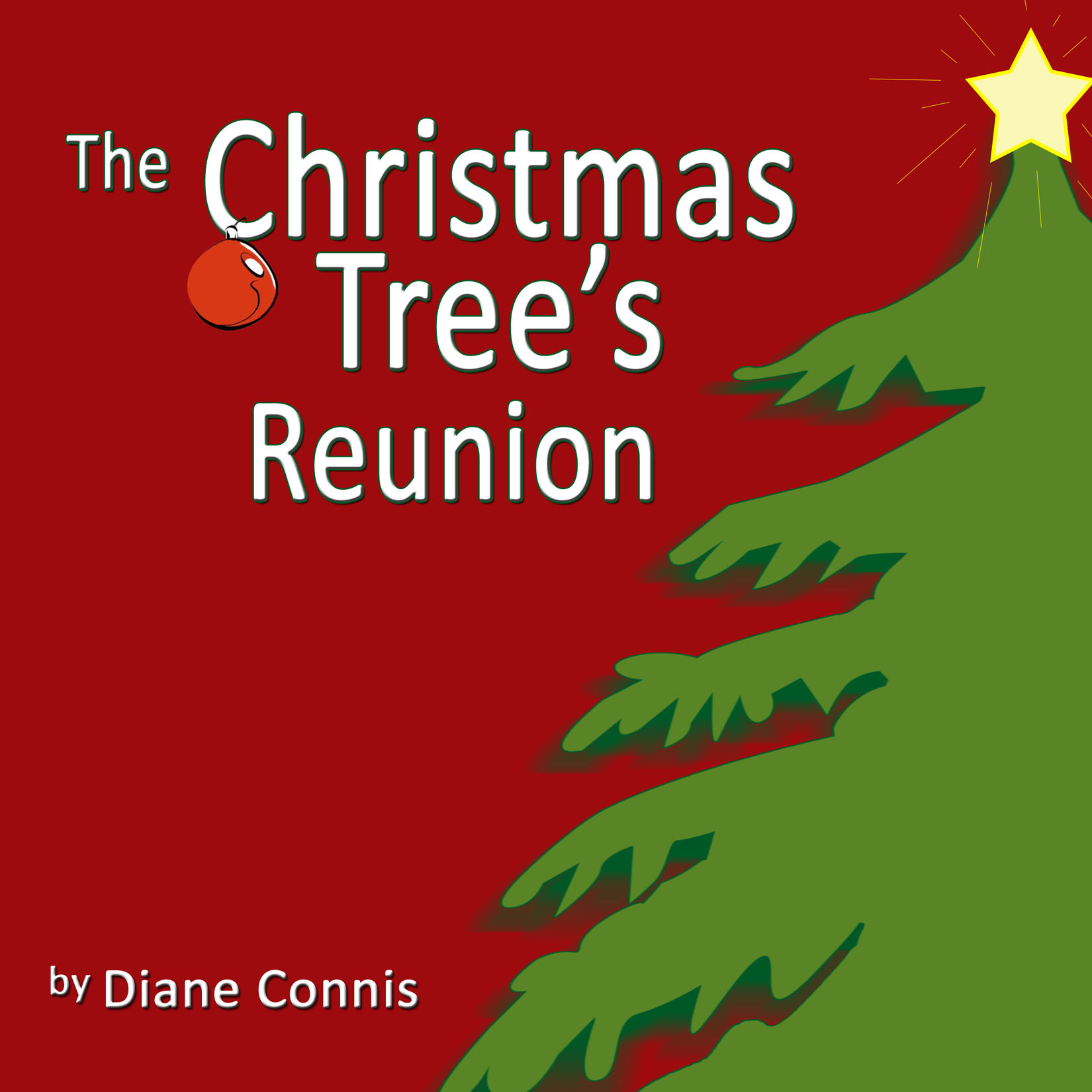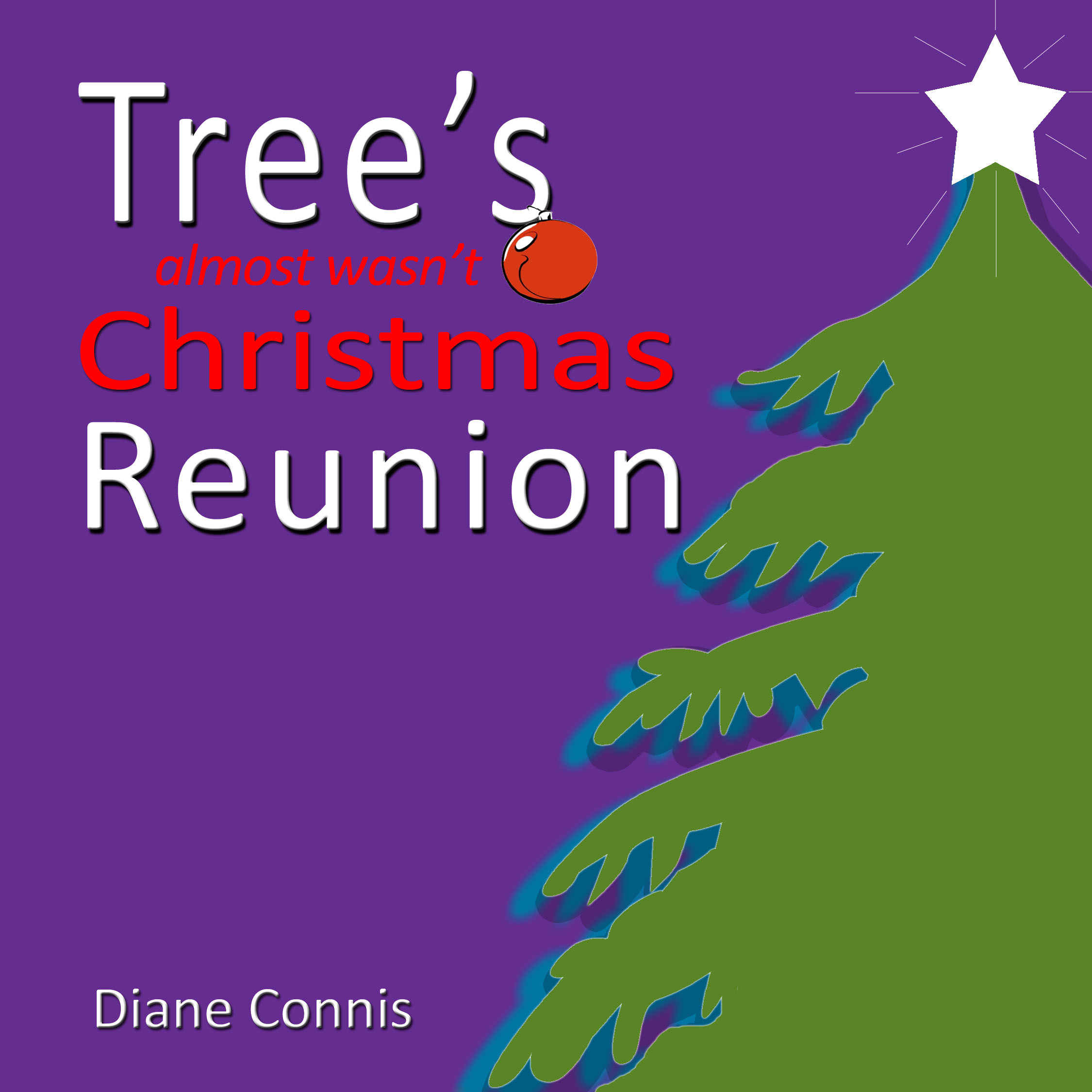About

Diane Connis
A Jesus loving - Overtime mom - Used-to-be pastor’s wife - Gardener - Reader - Writer - That’s Me!
My life is anything but ordinary. Some even call it special.
My late husband Mike and I have two adult sons.
David, our youngest, is married to his college sweetheart Clara, and is dad to my four grandkids and off doing his own thing in another state.
Our oldest son, Jonathan, was born with developmental delays and still lives at home with me. By necessity my days mostly center around his supervision and care. He keeps me on my toes and on my knees in prayer.
Sometimes life takes us places we never thought we’d go, but as we adjust, there are lessons and blessings to be found in special and even broken places.
This spot in cyberspace is about my journey and adventures, raw and honest realities, discoveries and thoughts I collect along the way.
Thanks for joining me. I pray something here encourages you or you can at least relate!
I’d be happy to know about that if it happens. Just leave a comment and I will reply.
Diane

